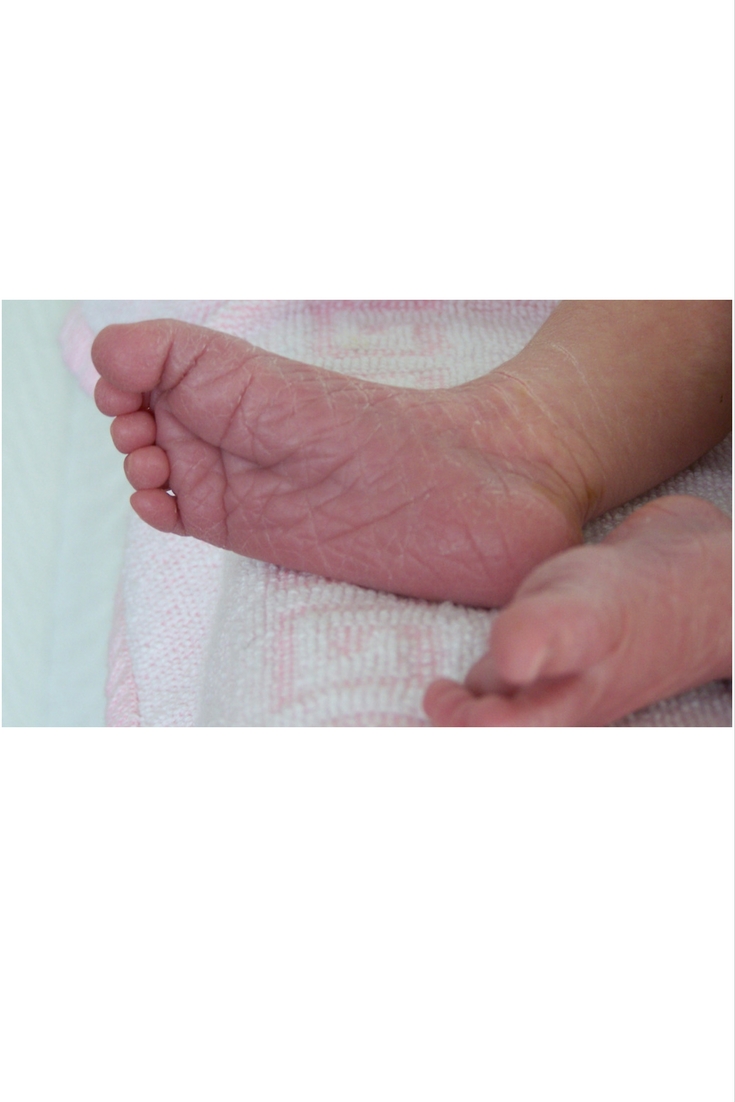Atopic dermatitis, more commonly known as eczema, is a common dermatological issue that affects nearly 10% of the US population.
Eczema presents as a red, itchy rash commonly on the skinfolds of the arms and legs as well as on the hands and feet and can be especially problematic in the summertime with hotter temperatures and increased potential for sweating. The conventional method of treatment is often focused on decreasing the inflammation using topical steroids such as hydrocortisone cream or, alternately, this hemp oil for eczema. However, while this approach may be helpful to control the symptoms and brings quick relief, it doesn’t prevent the cause of the disease. Therefore, it is essential to find and treat the root of the problem while also addressing the symptoms to ease discomfort.
Eczema is often caused by environmental factors (such as exposure to dust mites, chemicals, mold, etc.), immune dysregulation, food allergies or a combination of these. A Naturopathic approach to eczema is achieved by assessing these factors through a variety of methods, including a trial elimination diet to identify food allergies and sensitivities, gut testing to look at the microbiome and potential for candida overgrowth, evaluation for anxiety and emotional distresses, and looking at environmental exposures. Once you know the issue at hand, most doctors tell you to avoid them and also prescribe a cream for facial eczema. Anyway, some of the natural remedies and treatment methods for eczema are as follows:
- Reduce or eliminate the use of products containing phthalates, which seems to increase the release of a cytokine called thymic stromal lymphopoietin, which triggers the activation of immune cells that play a major role in eczema.
- Reduce exposure to toxic chemicals by buying biodegradable, green cleaning products and detergents that are scent-free. You may also want to take a look at CBD topicals (find more info on sites like melamedcbd.com) as they can significantly reduce the itchy sensations.
- Deduce food allergies and sensitivities through an elimination- challenge diet with your doctor and remove the reactive foods. These often include dairy, eggs, and peanuts. Eliminating reactive foods will decrease overall inflammation in the body and will aid in repairing the gut.
- Begin a rotation diet once you’ve eliminated your food allergens. A rotation diet involves eating tolerated foods at regularly spaced intervals for 4 to 7 days to avoid new sensitivities or increase mild sensitivities. As tolerance for the previously eliminated food returns, they may be added back in at your doctor’s discretion without reactivating an allergic response.
- Managing stress is an important part of controlling a hyperactive immune response. Meditation, breathing techniques, and utilization of other creative outlets can be used in stress management.
- Discuss supplements with your naturopathic doctor. The supplements that are generally used for eczema include omega 3 fatty acids (you could shop them from sites like https://cleanwellness.com/), probiotics, vitamin E, a high potency multivitamin, and flaxseed oil. Other herbs and supplements may also be used both internally and topically to help with immune regulation, decreasing inflammation, and in controlling symptoms.
- Increase foods high in Vitamins A and B, such as avocados, sea vegetables, apples, cucumbers, sprouts, and rice bran.
- After sweating, take a shower (luke warm, not too hot!) as soon as possible and put lotion or a healing salve on affected areas.
Make an appointment with an ND today to discuss what treatment plan is right for you!




Add Comment